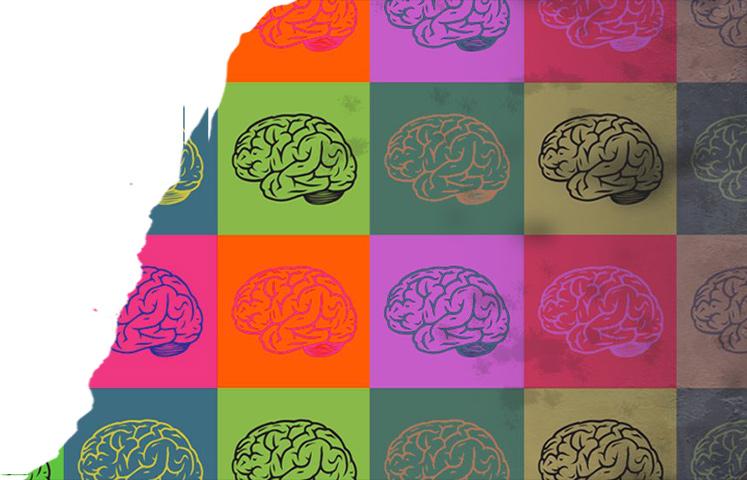Everyone who takes prescription opioid painkillers like OxyContin or Vicodin, even as prescribed by a doctor or medical professional, is at risk of developing a tolerance, becoming dependent on them, and even addicted. Which is confusing, since taking things as prescribed is usually what people do when they’re trying to be responsible.
That’s not to say people shouldn’t trust their doctor/surgeon/dentist/nurse practitioner. They absolutely should! But over-prescriptions can happen, so it’s important to talk to those medical professionals. Or the pharmacist that’s filling the prescription. Having the most information possible about opioids before taking them is a good strategy because dependence on opioids can happen after just five days of use.
Opioids include prescription painkillers like oxycodone, hydrocodone, codeine, morphine, and fentanyl – and the illegal drug heroin. All of these drugs produce a similar effect in the body because they’re chemically similar. Opioids block feelings of pain and trigger a release of dopamine, which is the chemical in the body responsible for handing out gold stars to the brain, basically. A dopamine rush = feeling good, feeling rewarded, and other warm-fuzzies. Except it doesn’t last, which makes the brain want more gold stars, which can start a dangerous cycle, even if the point of taking the pills is pain relief, not feeling rewarded. This can teach the brain to seek opioids for rewards instead of non-drug things like taking a trapeze class with friends, finding the best donut, riding roller coasters or hugging your bff.
The more someone takes opioids, the more the brain adapts to having them around. Having a tolerance to opioids means that someone has taken enough over time to require higher or more frequent doses in order to get that same feeling.
Dependence on opioids happens with repeated use, so the parts of the brain responsible for releasing dopamine only function normally when the drug is around--and when it’s not, things get unpleasant. Withdrawal symptoms can include aching, fever, diarrhea/vomiting, sweating and chills. Which sounds like the flu or a bad order of clams, but worse, since the brain is still screaming for the one thing that could make it all stop.
Addiction to opioids can include strong urges or cravings to take the drug, even though it’s having negative effects on health and overall life.
